Service design
- 6 months
- Practitioner level
- Online
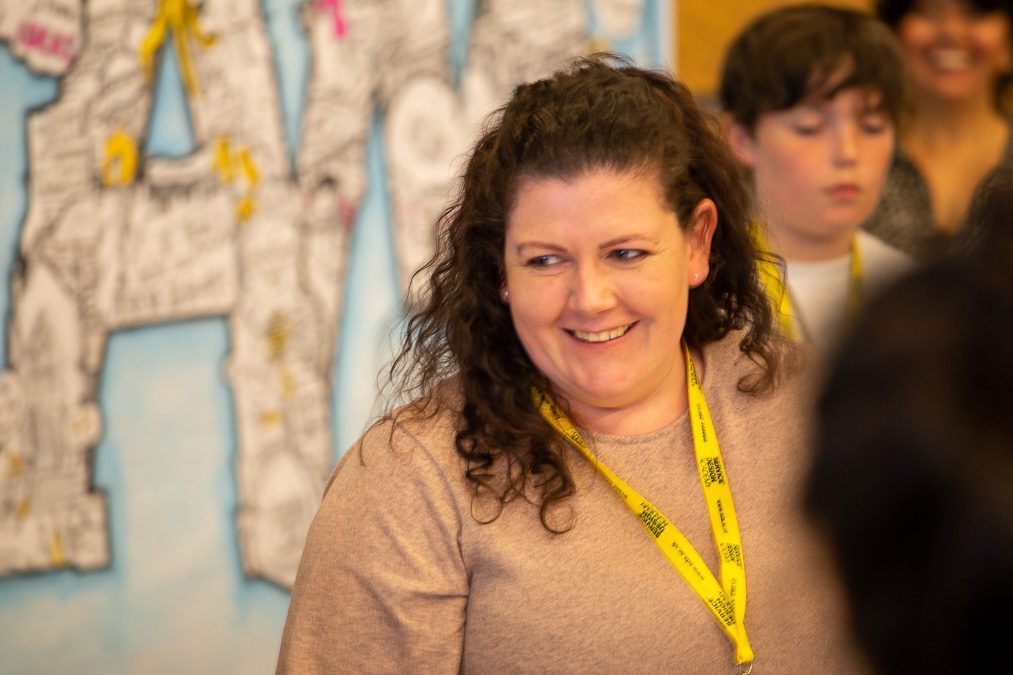
Next course to be scheduled
If you are interested in joining our next course, please register interest.
On this page
Overview
The core skills, tools, and mindsets you need to design powerful interventions for complex issues.
You’ll be taken on a journey: a process spanning four learning units over six months, with 17 live sessions and interactive content on a virtual learning environment.
We connect the theory and practical application of service design through a mix of experiences, live classrooms, watch anytime videos, teamwork, mentoring, and case studies.
Who is this course for?
This course is for anyone who wants to become an accredited service design practitioner, equipped to plan and conduct end-to-end projects in the real world.
As you learn about and practice service design, you’ll tackle various design challenges with other learners in a safe environment, before applying your new skills and knowledge in your workplace.
How will this course help you?
Become an accredited service design practitioner in 6 months
This SQA-accredited course will train you to practitioner level, enabling you to progress in your role, change career path, or gain recognition for existing skills.
Drive change in your workplace while building your portfolio
Complete four portfolio assessed service design projects in your workplace. While you’re learning, your employer will benefit from the time you spend using service design in your role.
Join a community of learners and make new connections
Learn service design alongside a cohort of peers, sharing best practices, providing ‘critical friend’ feedback, and discovering how design is practiced across different jobs and sectors.
Get free professional membership to the Service Design Network
Receive one year of free Professional Membership of the Service Design Network (normally costing €180), giving you access to resources and an international service design community.
Course structure
The Professional Development Award is made up of four SQA Units with 32 credits at SCQF Level 7. As you progress through each unit, your learning will move from facilitator-led to student-led.
You’ll start with tools and methods, which is designed as a facilitated introduction to service design, before specialising in user research and co-design. By the final unit – project – you’ll be in the driver’s seat, completing an end-to-end service design project.
Tools and methods
Learn what service design is and get to grips with 19 tools and methods.
Try out a handful of tools and methods with something you’re already working on and reflect on your experience.
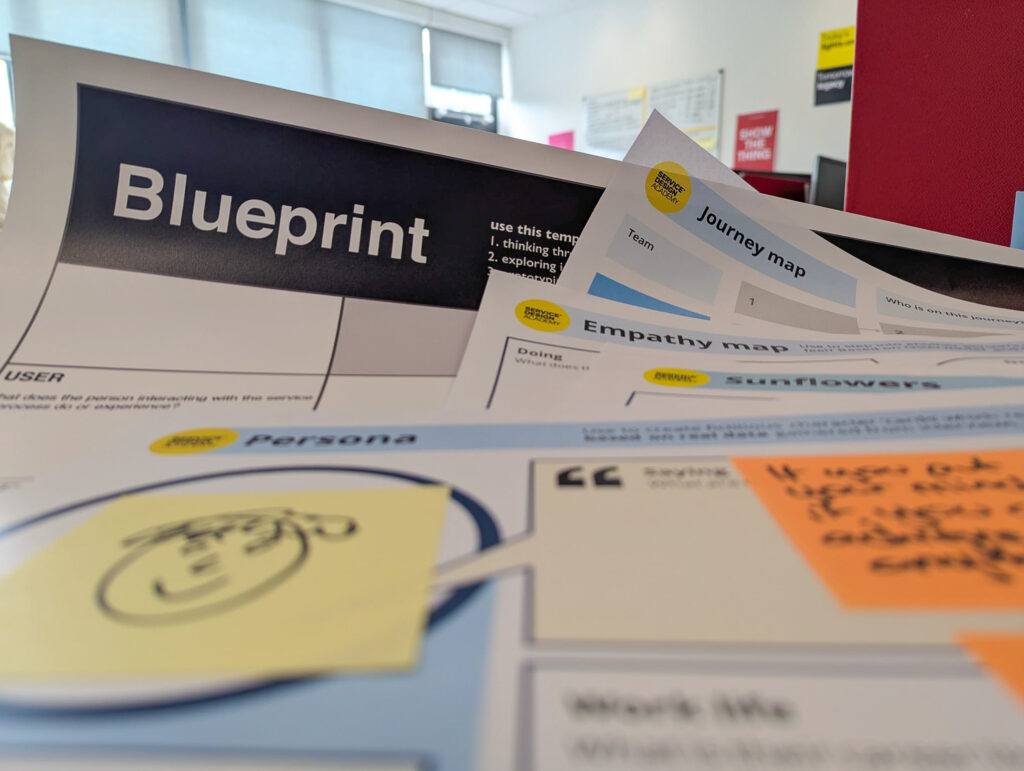
User research
Dive into inclusive and ethical user research practice.
Plan, conduct, and reflect on a small-scale user research project to discover problems or understand people.
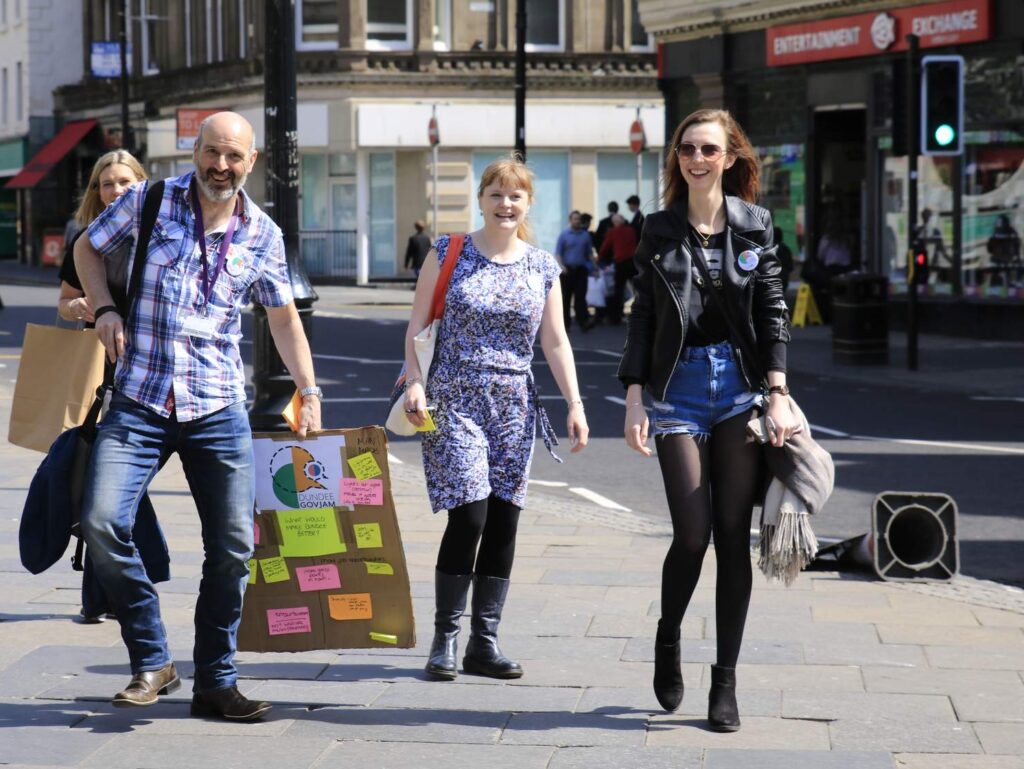
Co-design
Explore the power of designing with people throughout the design process.
Plan, facilitate, and reflect on a live co-design workshop for an identified workplace scenario.
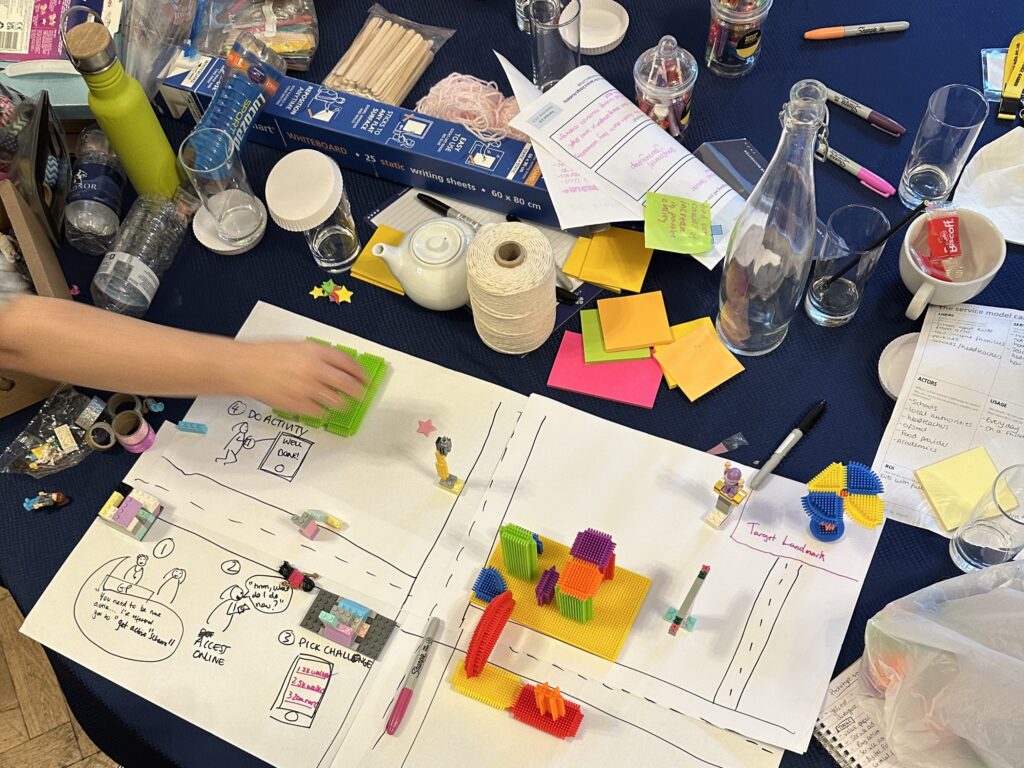
Project
Put your new knowledge and experience into practice in a self-directed project.
Communicate and reflect on an end-to-end service design project process and outcomes.
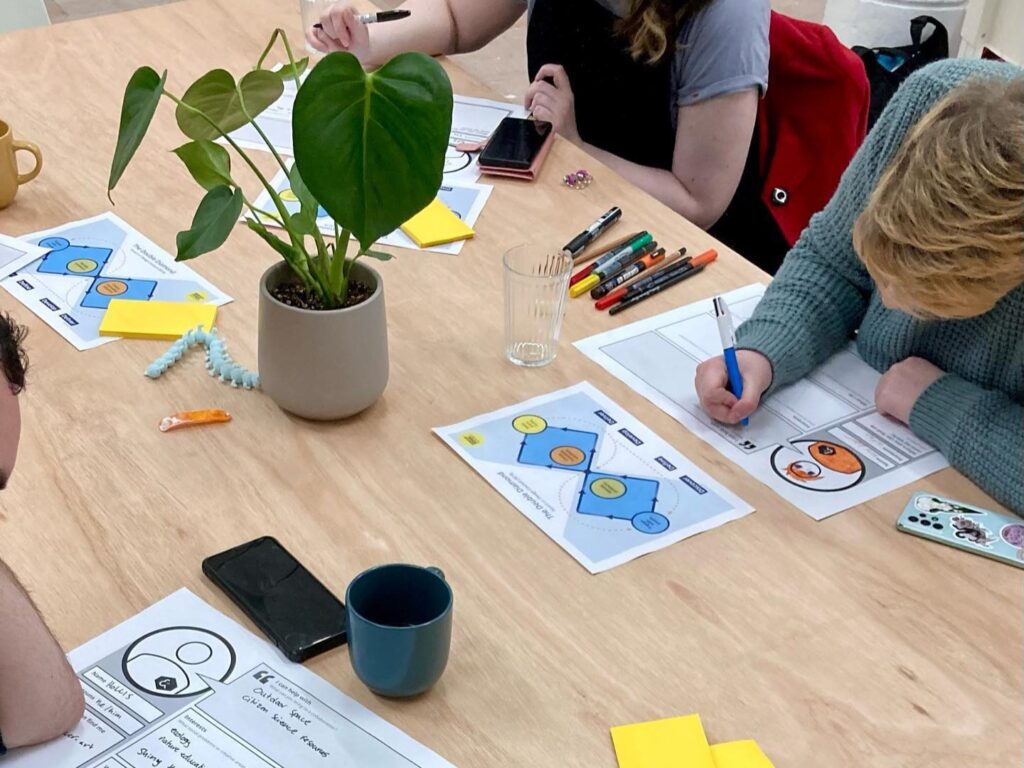
Qualification details
The SQA specification documents detail the purpose, outcomes, and evidence requirements for the overall award and each individual unit. The version that you will study depends on whether you live in Scotland, or elsewhere in the world.
Students in Scotland
SQA publishes Group Award and Unit Specifications in PDF format. These links will open in a new tab.
Group award
Students outside Scotland
SQA publishes Group Award and Unit Specifications in PDF format. These links will open in a new tab.
Group award

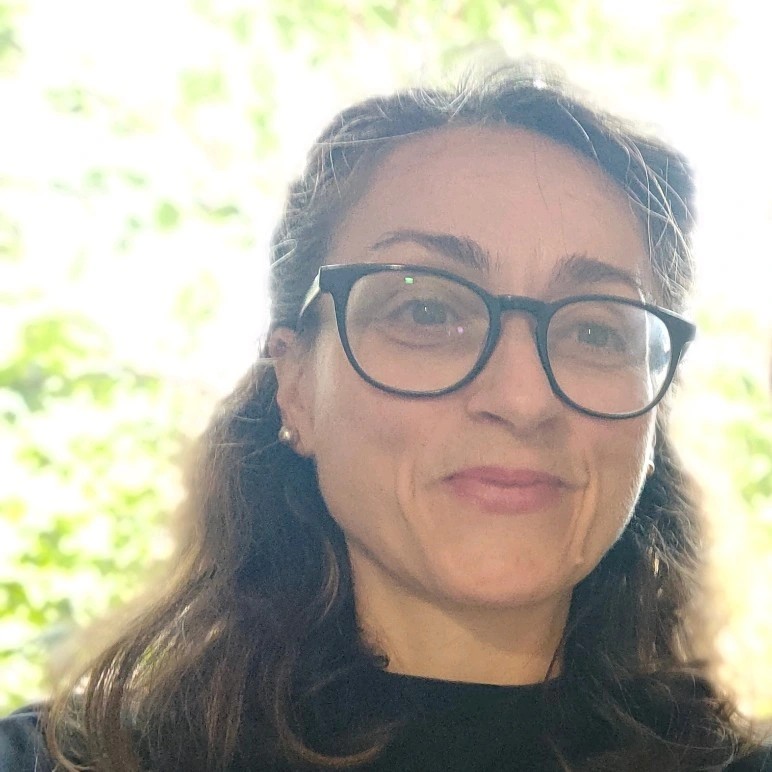
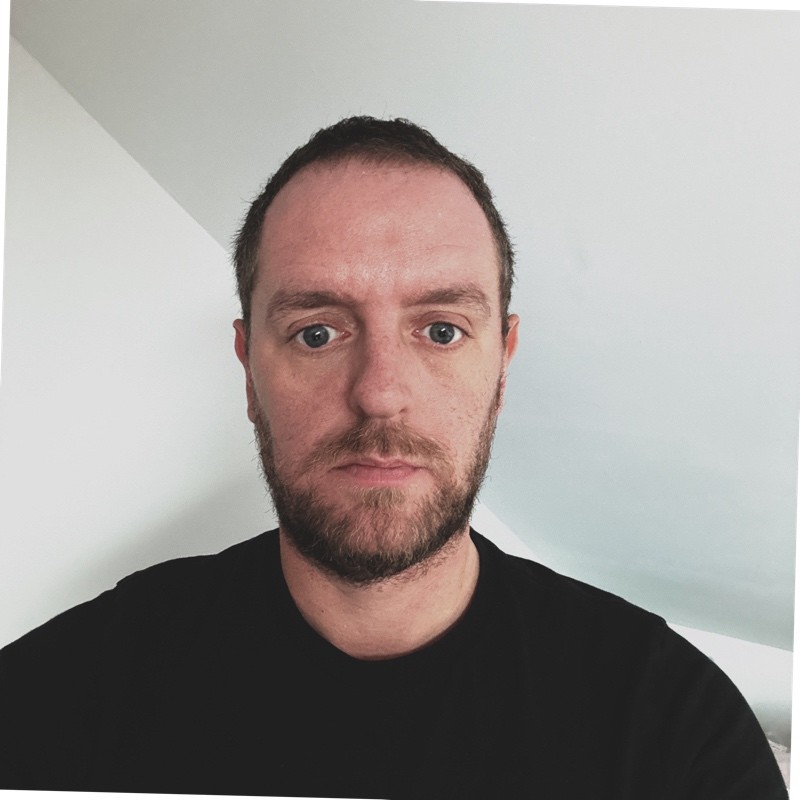
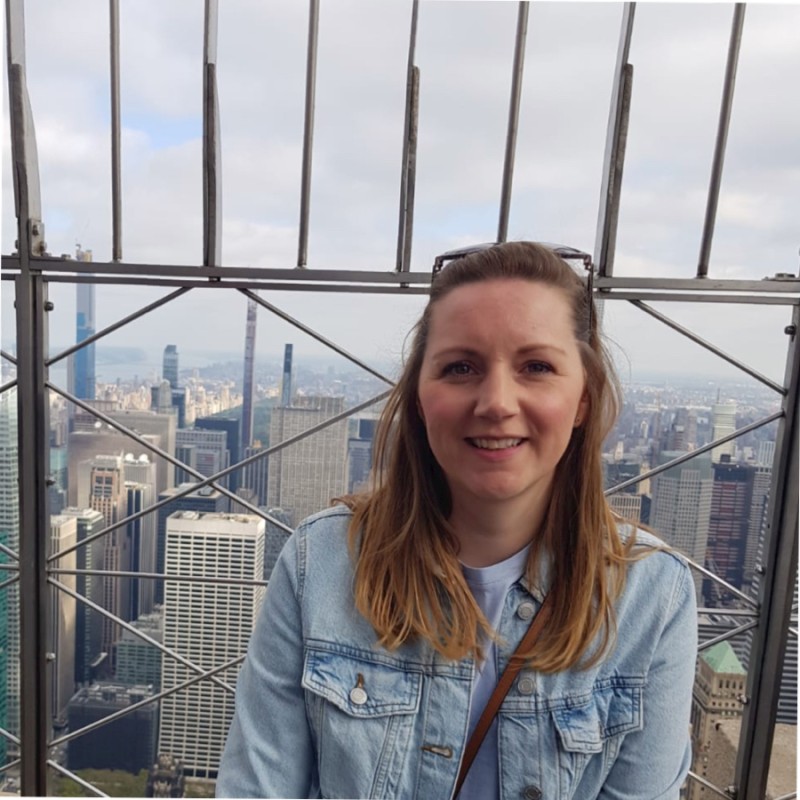

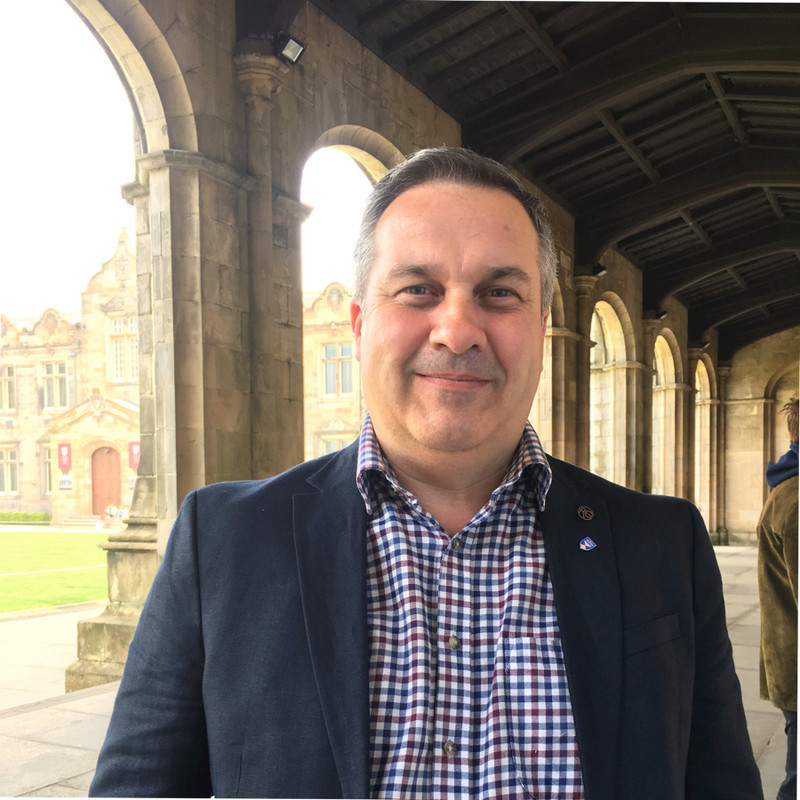
Teaching and assessment
This course is delivered live and online using Microsoft Teams. It is an interactive course delivered by service design experts who are highly experienced in training with a learn-by-doing approach. This course is taught in English.
Our learning is tried, tested, and co-designed by people like you. We believe the ability to question, be curious, and interrogate are as important as knowing the methods and mapping the journeys.
You will be working together with other professionals interested in creative problem-solving approaches, who want to engage people and communities in decision making throughout creative processes.
Learning
This course consists of approximately 160 hours of learning and teaching – roughly 40 hours per unit.
Half of each unit is self-directed, with approximately 20 hours of contact time in three different formats. All teaching activity takes place on Microsoft Teams, with interactive content on Miro.
Coffee shops
Kick off each unit with an informal and social introduction.
We’ll introduce the assessment criteria for the unit, get to know one another, and reflect on the previous unit.
Learning labs
Learn-by-doing in our live and interactive online classes.
We’ll deliver core content and practice key concepts in a safe learning environment. The project unit only has one learning lab.
1:1 meetings
Catch up with an educator to chat through your project ideas.
An opportunity to discuss your project with us, receive guidance on the assessment criteria, and ask any questions you may have
Self-directed learning
Browse through service design tools and theory at your own pace.
Get to grips with the theory, download templates, and access videos and case studies to support or enhance your learning.
Assessment
For each of the four units, you’ll be assessed by conducting a service design project which is documented in a visual portfolio.
At the end of the course, you’ll have obtained a qualification in service design, but you’ll also have a portfolio of four service design projects which you’ve conducted in your workplace or professional context.
How assessment works
1. Planning
We’ll introduce the assessment criteria and give you time to think about a relevant project idea.
2. 1:1 meeting
You’ll meet with an educator to get advice and guidance in relation to your chosen project.
3. Project work
You’ll conduct your chosen project in your workplace or professional context.
4. Portfolio
You’ll capture and document your project in a visual portfolio alongside service design theory.
5. Feedback
We’ll review your portfolio against the assessment criteria and provide written feedback.
6. Revision
If you need to make some changes, you’ll have a week to revise your portfolio.
Equipment
You will need a computer with a fast and reliable connection to the internet, a camera, and a microphone.
To ensure the best possible experience for yourself and others, we recommend that your wear a headset to provide clarity of sound and improved live captions for those who use them.
Tools
We deliver this course using Microsoft Teams and Miro.
There is no requirement for you to install this software or create an account in advance of the course.
Although both tools are available as downloadable apps which may enhance your experience, each is available on the web without an account. We recommend that you use Google Chrome for the best experience.
Fees and funding
£4200 GBP
As a provider of education, we do not charge, and you do not pay VAT on our course fees.